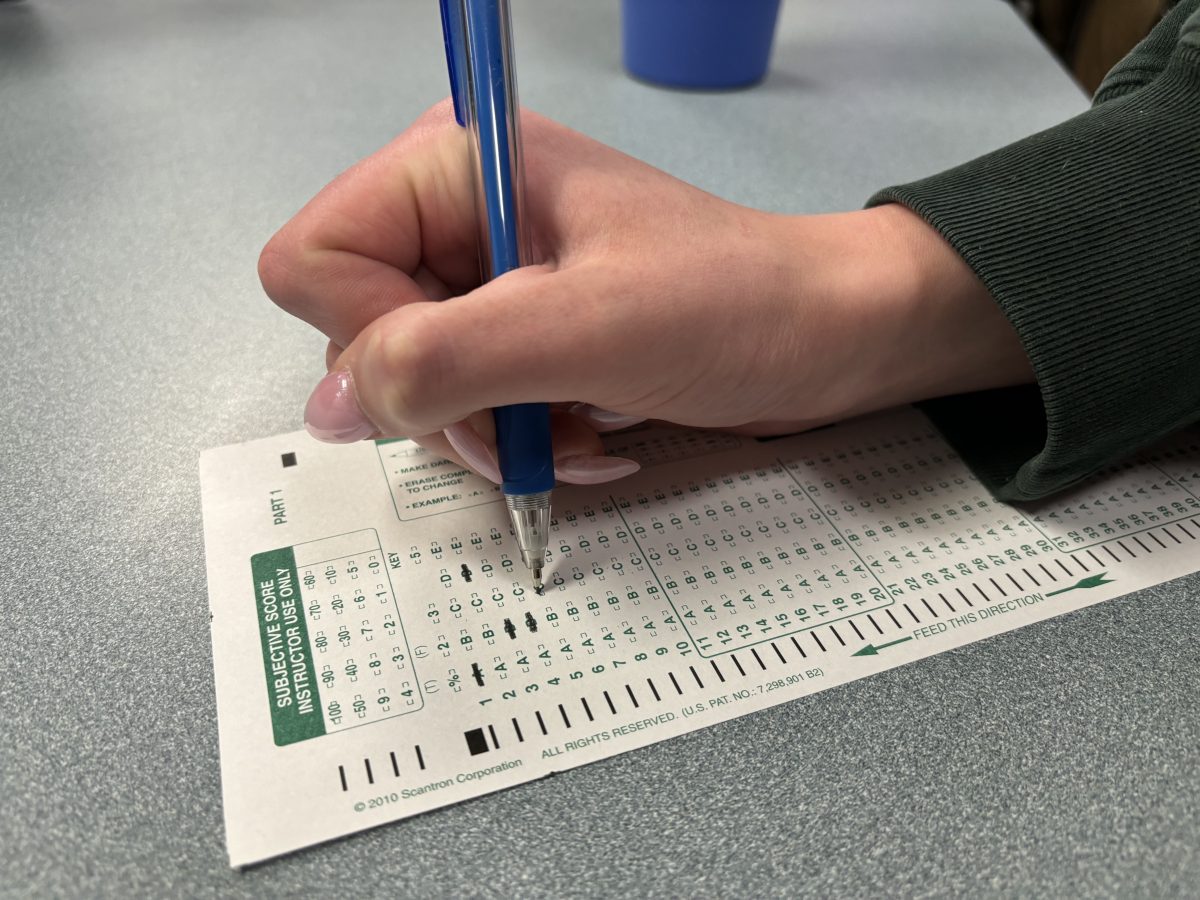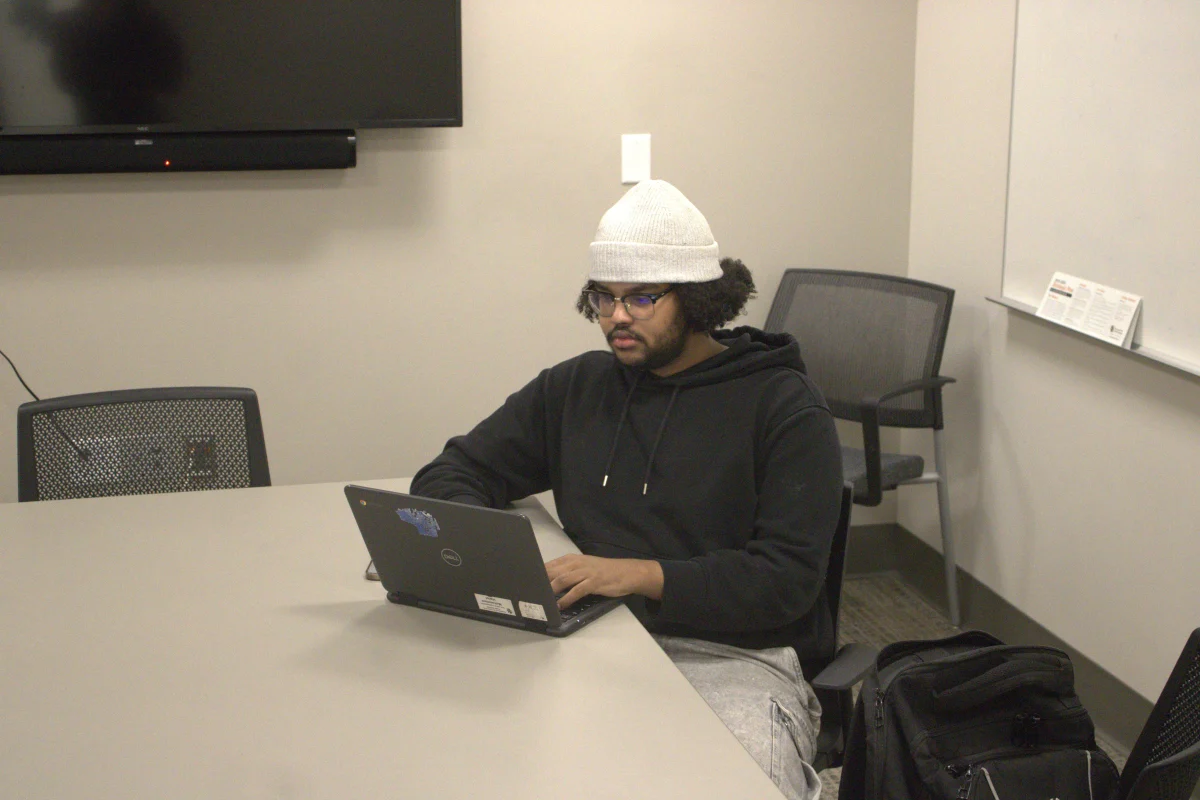While the 2023-2024 school year is inching closer to wrapping up, current juniors are starting to prepare for their senior year. For many, this includes taking the ACT, and for many students, it was their first time preparing for and participating in this test. As many colleges have become test optional due to the pandemic, students are adapting to those who are starting to require it again.
Testing coordinator Teresa Petta said it is important for students to take the ACT because it gives students an idea on where they are at.
“We don’t want students to get to college and have to pay for courses that are remedial because they were placed incorrectly,” said Petta. “There are also very few professions that don’t have you display your abilities, so this is good practice.”
According to junior Josh Fink, the ACT serves as a good representation of students’ knowledge for those who are skilled at taking standardized tests.
“It’s complicated because, for certain people, it serves as a good representation, but then there’s some people who either aren’t good at taking standardized tests or don’t learn in a traditional setting,” said Fink. “Sitting down and taking a test for four hours might not be the best way to demonstrate (students’) skill sets because (some students) might be good at something else.”
Junior Paige Descarpentrie said she took preparation classes in order to practice before the test, but doesn’t feel like it was very helpful.
“I took a self-paced online class, and that took you through ways to prepare for each section with practice quizzes and (other resources),” said Descarpentrie. “It was semi-useful, but I think if I just took full practice tests, that would’ve helped me more. There’s only so much you can do.”
According to Petta, in the past, the ACT has been a large aspect that college admissions look at. Petta said she thinks post-secondary institutions should view testing scores as only a fraction of reviewing a student for admission.
“It can be an accurate reflection of a piece of your ability, but not all of it,” said Petta. “It’s one piece of data that colleges will look at overall.”
According to Fink, taking the ACT would be more appealing to students if they changed the time aspect of the test.
“I have time and a half, so it’s not as much of an issue for me,” said Fink. “For my friends who don’t have time and a half, every single one of them struggled to get the reading section done in time. I had some friends who had 15 math questions left by the end of the math section.”
Descarpentrie said she doesn’t feel it is necessary for students to take the ACT, especially if they are planning on attending a post-secondary option that doesn’t take into account these scores.
“(Its value) depends on what school you are trying to go to, but I think it’s just an unfair test of your intelligence,” said Descarpentrie. “It puts pressure on you, and it’s harder if you aren’t a good test taker, or you have other conditions or environmental factors.”

















